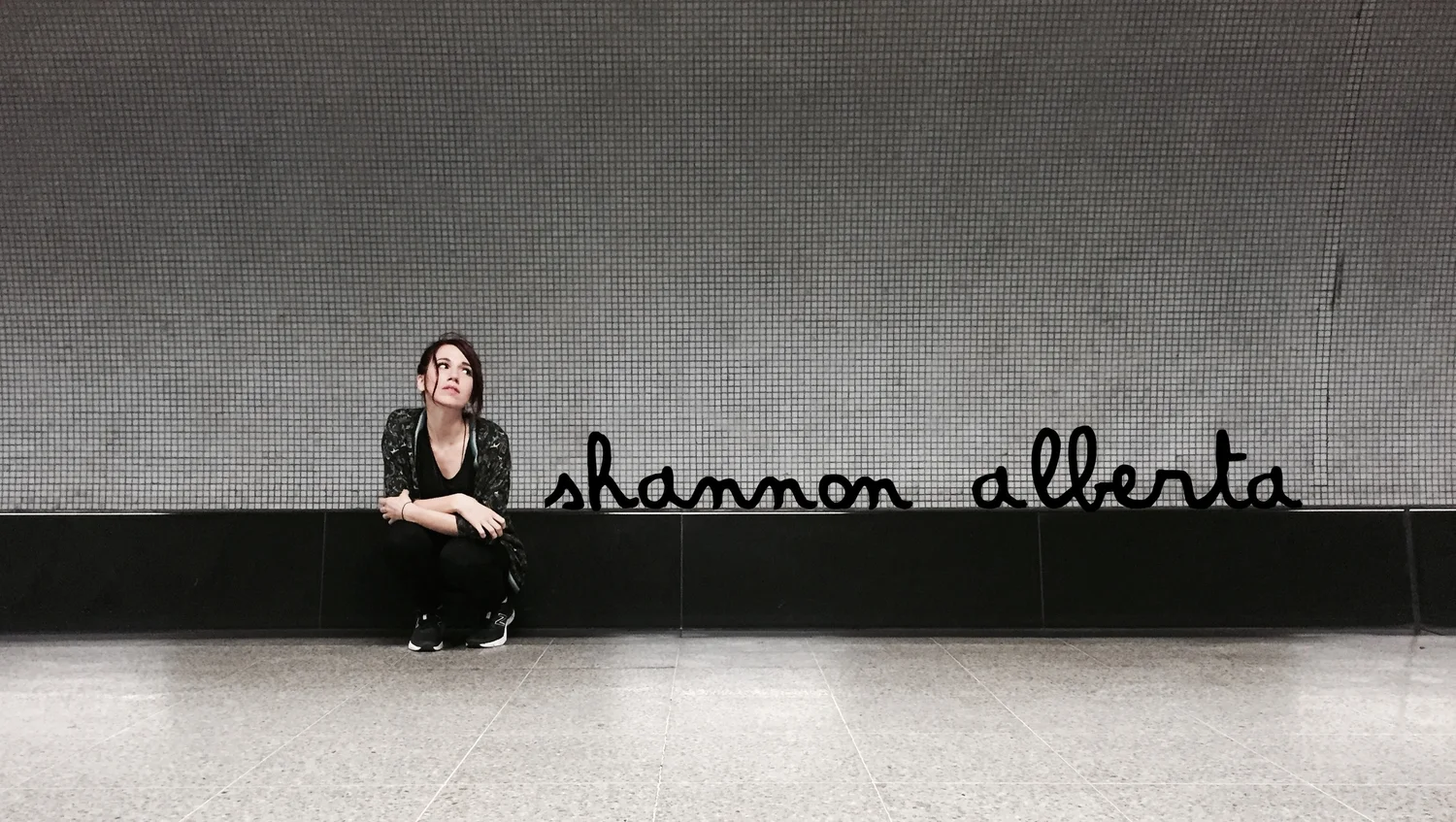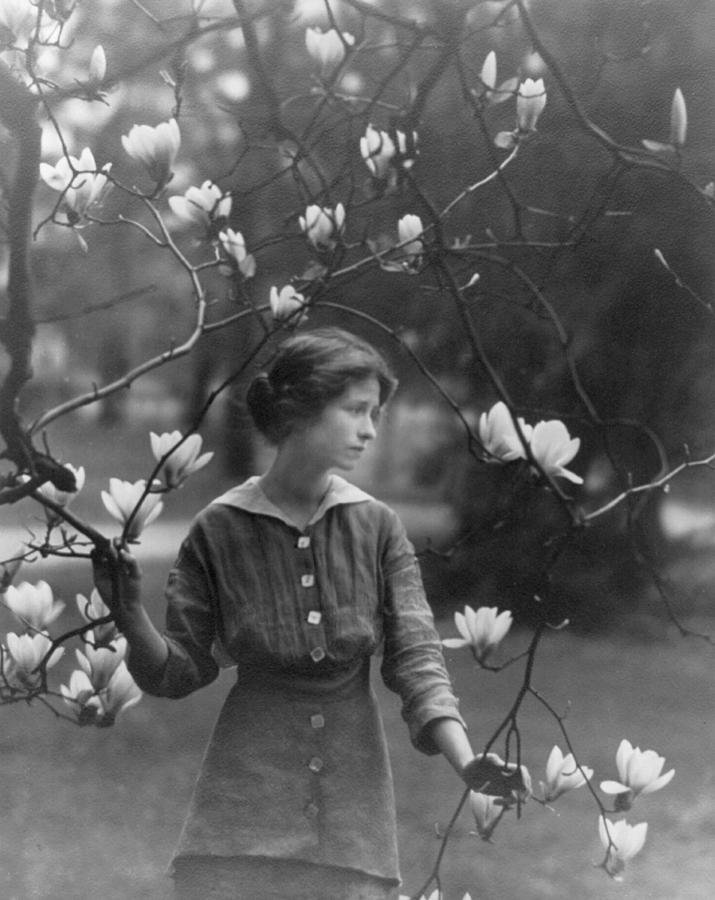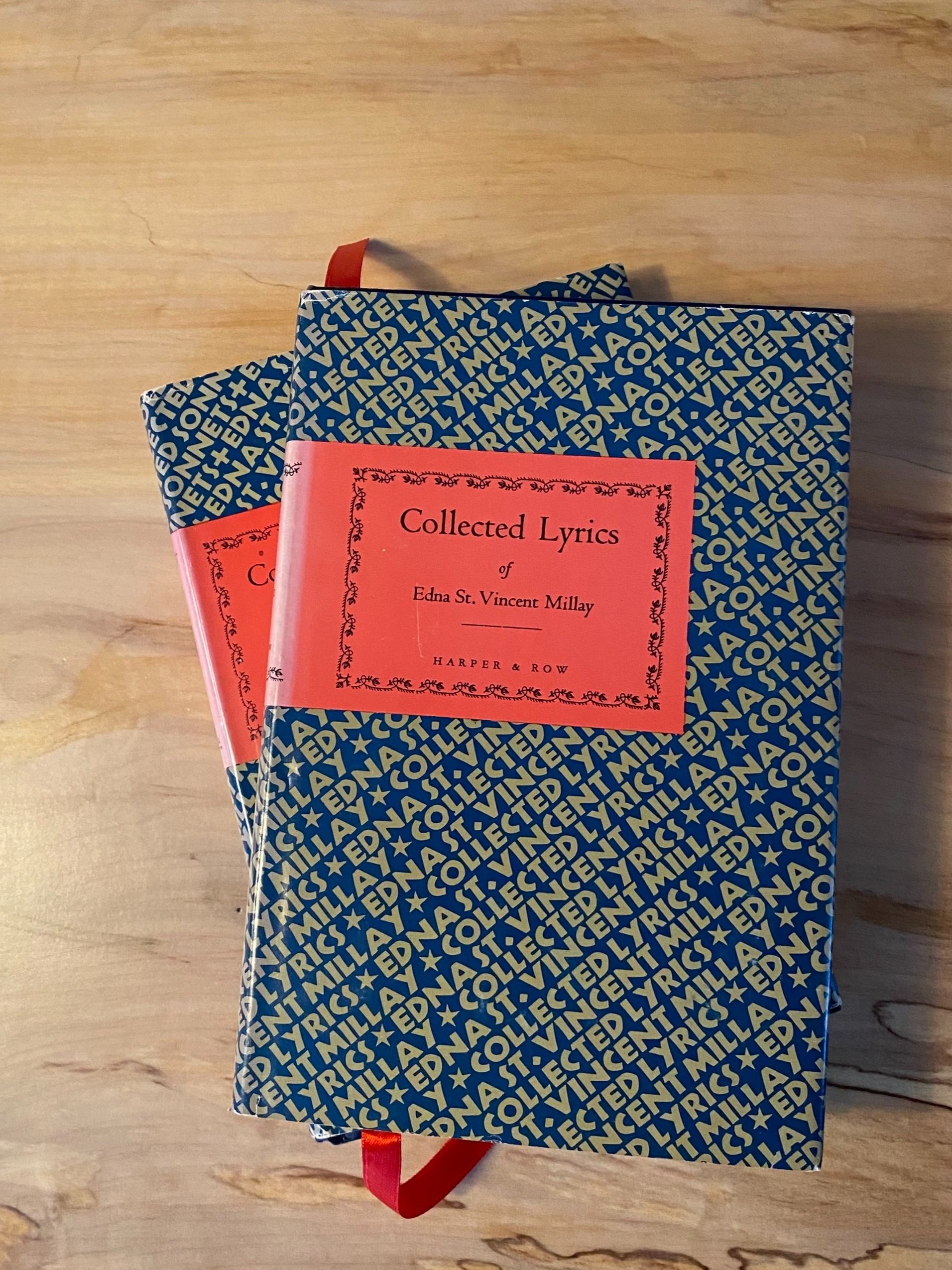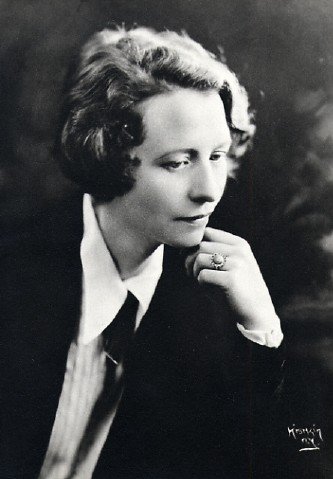1) Kiss your partner goodbye before they leave town for work for 10 days.
2) Think about how long 10 days is, and how much you'll wish you had accomplished something significant. Fish around for that mystery story you've had kicking around in you for at least a year. The one your brain juices have really been marinating.
3) Ask yourself: Have I watched an acceptable amount of Euro-noir mystery shows on Netflix?
If yes, proceed to 4).
4) Buy so many index cards. No, more than that. Still more than that.
Consider writing an email to Sharpie about why none of their black markers seem to work when you need them to, decide to focus on story instead. Use crappy Sharpie.
5) However strange and broken your protagonist is, make sure you give them an even stranger, even more broken sidekick. Also, put them in the strangest, most broken town imaginable.
6) Drink a lot of coffee. So much so that it feels like you have eleven brains, not one, and they're all speaking at the same time and the same volume.
7) Don't worry if everyone in the story has horrible names like 'Randall' and 'Dickie'. Or if all the roads are "Side Road 7". You just need to name them so the details can be included in your poorly crafted scenes that barely move the plot forward.
8) Write poorly crafted scenes as though it is your specialty. It's okay if you're stage directing too much (e.g.: "He walked across the kitchen floor and looked out the window."). Or if you're running out of non-verbal gestures that convey confusion or discomfort (e.g.: rubbing at chin, twisting hair on finger, furrowing brow, etc.) You will fix all this later. Probably. Maybe.
9) Absolutely have five red herrings— why not 50?
10) Go ahead, lean too much on coincidence and your protagonist’s uncanny ability to keep poking around when any other reasonable person would have given up.
There you have it!
Oh - and when you're finished, ensure you give your manuscript as moody a title as possible. For example, mine is currently titled Before the Flooding Dawn. Don't name it after anything too banal or on the nose (e.g.: The Knife Murderer).





















